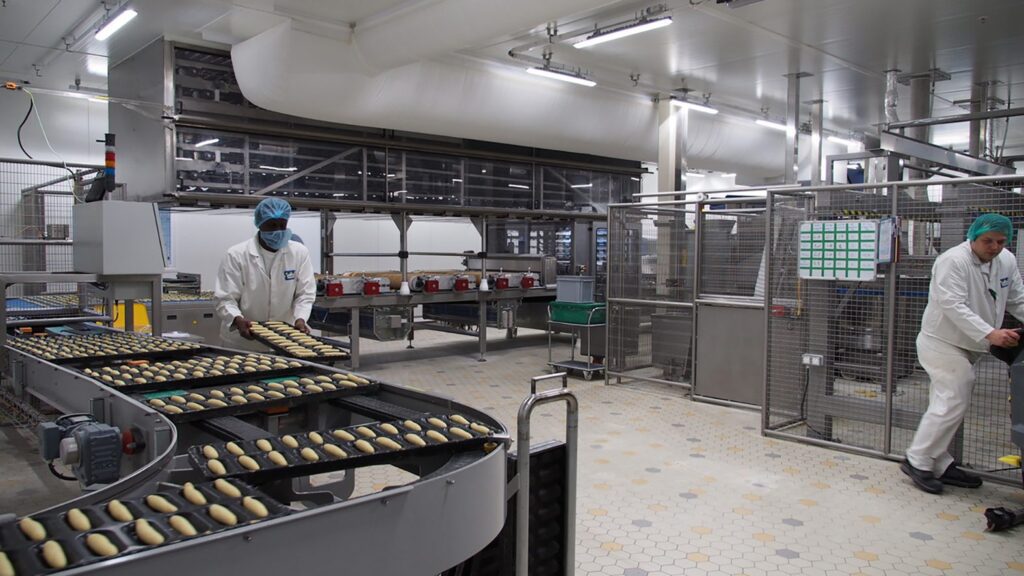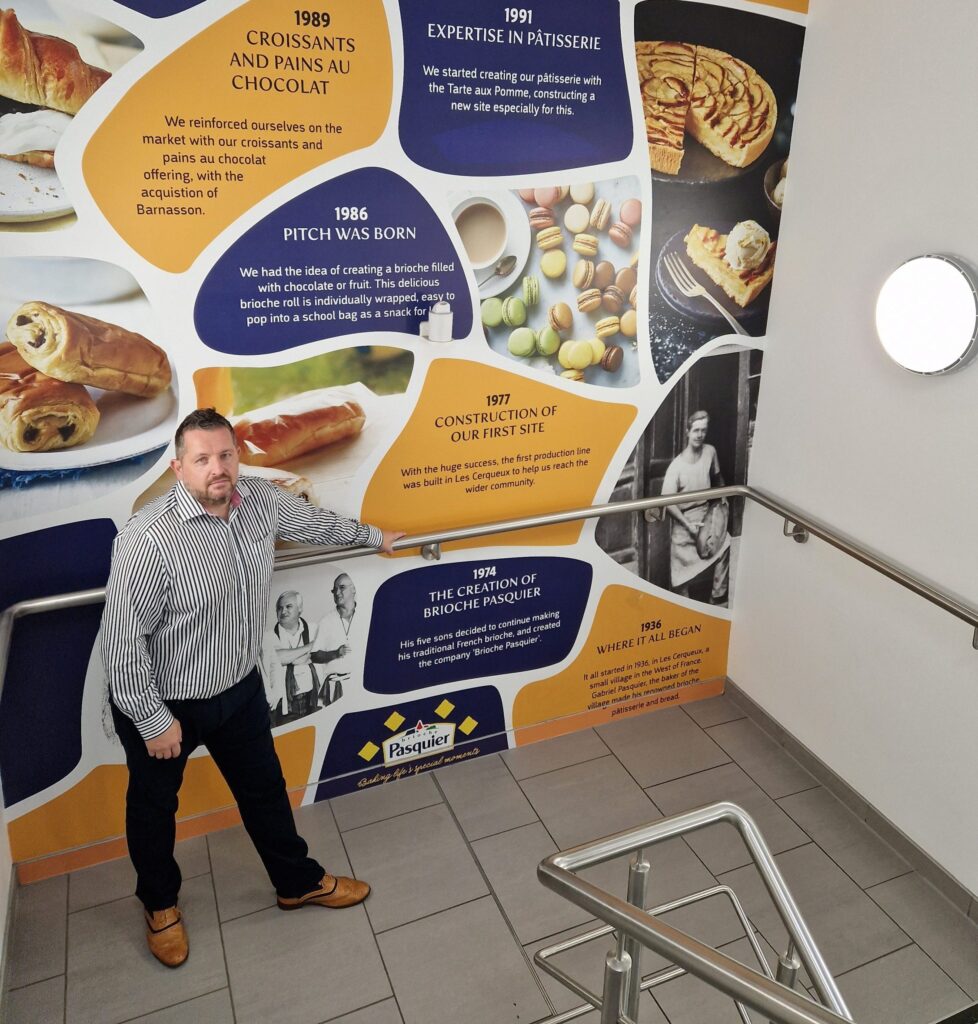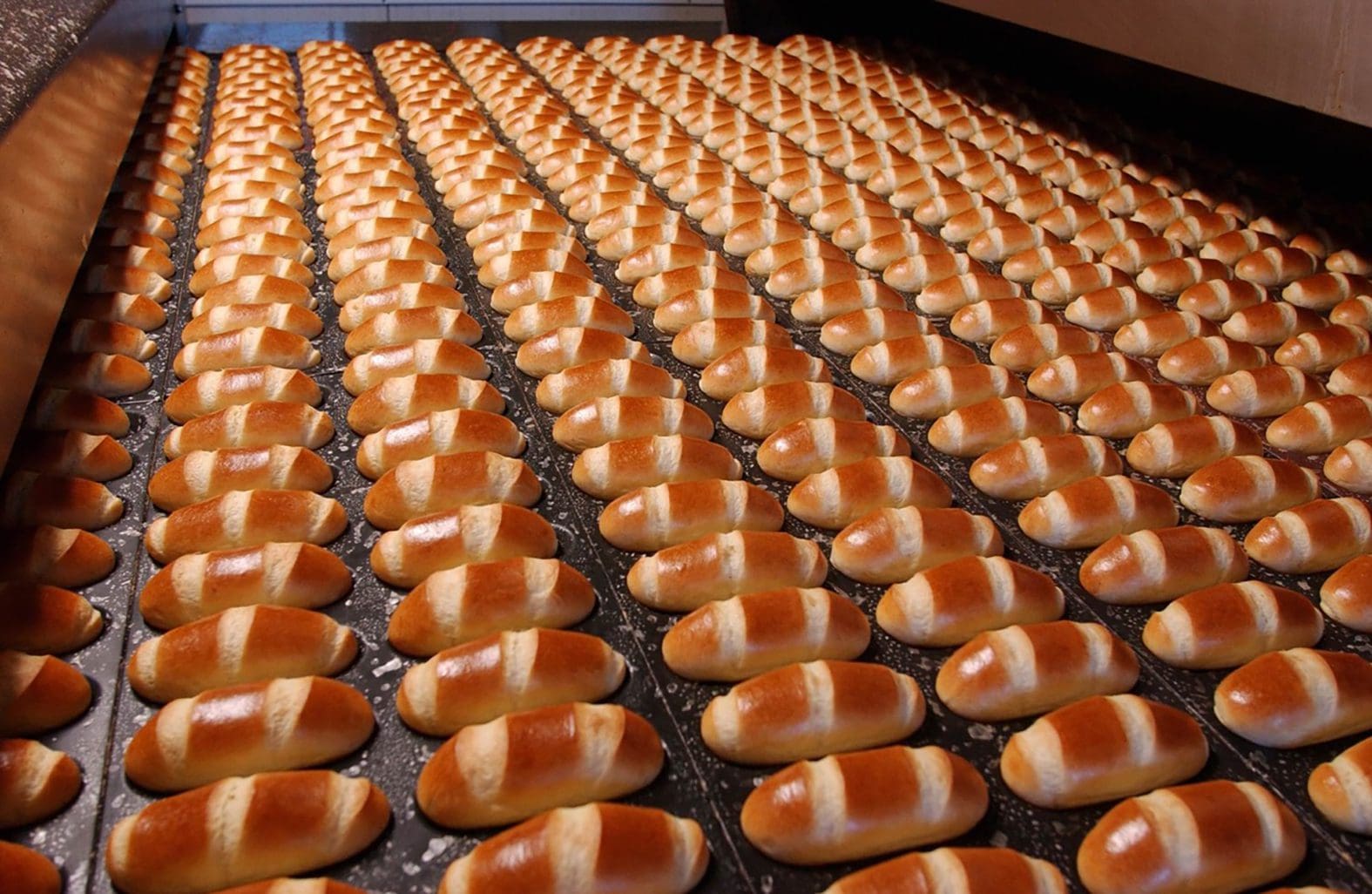A good baker will tell you that to produce quality goods you need plenty of know-how. Brioche Pasquier would tell you that all you need is a little ‘savoir faire.’
The family-run specialist bakery company started out in France in 1936 and has grown to become one of the best-known food brands in France, expanding into Belgium, Italy, US and Spain as well as opening its first UK production plant in Milton Keynes in 2015.
In France it enjoys 47% of the market share in the sector with 89% of that retailed under the Brioche Pasquier name. The Milton Keynes operation is currently expanding, doubling the number of production lines it runs, baking and packaging goods for distribution across the UK according to the methods, values and standards that have run through the company since 1936 when Gabriel Pasquier opened his boulangerie in the small village of Les Cerqueux in the west of France.
When Gabriel died in the Seventies, his five sons decided to continue making his renowned brioche, patisserie and bread, but to sell it in a wrapper – a revolutionary idea within the fiercely traditional world of fresh-each-morning French boulangerie, but one that impressed the supermarkets and saw the launch in 1974 of Brioche Pasquier.

Ryan Peters, Managing Director of the Milton Keynes operation, said:
“It was very much against the French tradition, but the brothers gave their products to some supermarkets, prepared to take the hit if the items didn’t sell. Within a few days, the supermarkets were back asking for more and the company was on its way.
“Even today, each production site has its own mother dough – a levain – that is taken from the mother dough from that first boulangerie. It’s refreshed each day in the factories through- out Europe and added to that day’s dough, so in every product there is a little bit of Gabriel’s original levain from 97 years ago.
“It’s the unique combination of bacteria and acidity from the levain that helps enhance the flavours of the butter or vanilla and gives it the texture we’re looking for – that’s what we call the Savoir Faire. It’s also a major factor in how we can ensure our products have a shelf life of 29 days without the use of preservatives.”
At one end of the production lines in Milton Keynes are six silos for flour and sugar.
Four of them each hold 28 tons of flour and the factory gets through around one container a day, averaging out at six a week, this will more than double with the opening of the new lines.
From there, the raw materials are turned into dough which is then divided, shaped, baked and then bagged ready for distribution to retailers across the UK. The production lines are a combination of industrial sized mixers, shaping equipment and temperature controlled rooms combined with robotics and state-of-the-art technology. Everything has been developed by Brioche Pasquier itself, often with the input of those who know the process best, the operators.

Ryan Peters explained:
“We tend to design and build our production lines ourselves because it gives us complete control over the process. Everything is controlled by technology we’ve developed in-house and we have technicians working constantly to make sure every step of the process is optimised.
“The ethos of Brioche Pasquier is that it wants its production sites to be close to its consumers. In France, whenever they expanded, they built a facility in a different part of the country. The UK is small enough that Milton Keynes is close enough to all of our customers. Part of that ethos, though, is the value we place on our staff, and we operate teams that work in an entrepreneurial way within a large organisation.
“The teams are given responsibility for their own results and are encouraged to work together to identify what works well and, if anything doesn’t work so well, brainstorm it to find their own solutions, whether that’s about efficiency or waste, they are the ones who are likely to know what’s not right and find a way round it.”
Waste is an increasingly diminishing issue at Brioche Pasquier, with the Milton Keynes operation managing to send zero waste to landfill. Food waste goes into green energy production or animal feed; items such as plastics, metal and wood are all recycled and the remaining few percent of general waste is also used for green energy.
In France, an agricultural arm of the business uses food waste from local sites and farms in animal feed and this circular economy has been at the forefront of the business for many years.
The focus on the community means using local suppliers for all raw materials wherever possible, and strong links have been built with schools, colleges and universities. Brioche Pasquier is a partner of Milton Keynes Dons Sport and Education Trust and the flourishing MK Breakers basketball team as well as supporting many other local charities.
Ryan Peters said:
“We realise the importance of balance – there’s no point getting your clients, consumers and infrastructure right if you haven’t got the people and factories in place to deliver, and vice versa.
“Brioche Pasquier has had the same values throughout, a focus on training and developing our people and showing them that there are opportunities for progression, and supporting the communities they live and work in.”
Find out more about Brioche Pasquier at www.pasquier.fr/en_uk/













